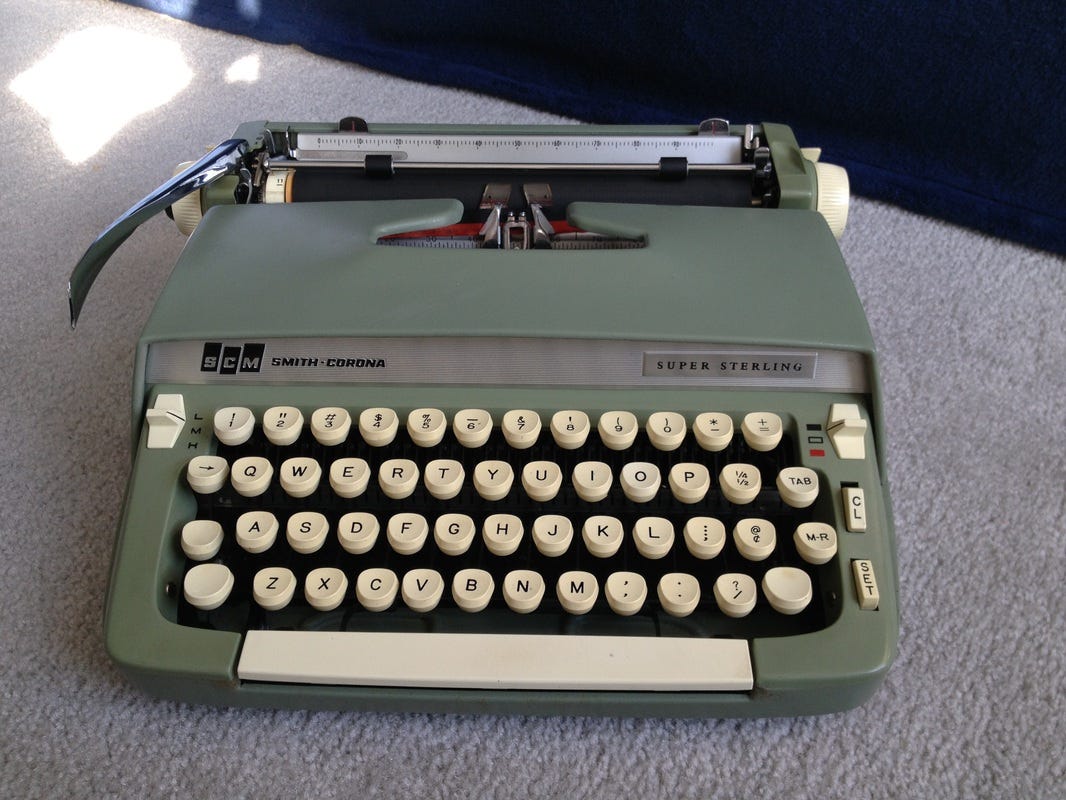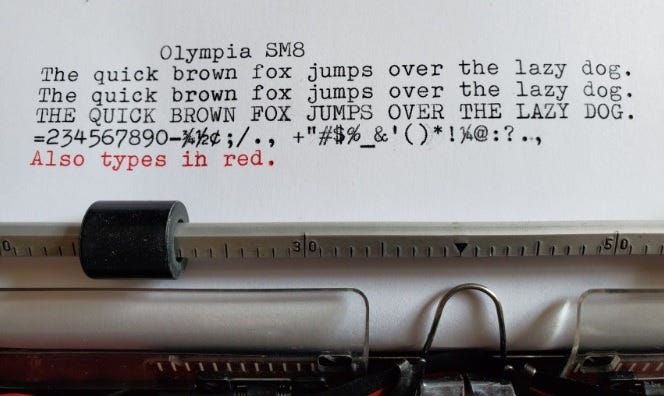Infinite Lock-In, part 7
The longer you resist a technological paradigm, the harder your life gets.
The Luddite’s Tale
Why do we usually download music in MP3 files? Better, lossless formats are out there. So why don’t most people use them?
MP3s are small. They don’t eat up bandwidth and memory. When we download music, we almost never listen to it on a stereo system with surround sound, where we’d want a lossless format. We’re listening with earbuds on a smartphone. An MP3 is fine.
If you’re an audiophile, you may forgo downloading music and pass your days in silence, awaiting a free evening at home when you put records on the turntable. But you’re in a tiny minority. Most of society listens on the go, downloading MP3s. As an upshot, in many cases, an MP3 is all that’s available, all you can get. Sooner or later, dear audiophile, you’ll be forced to use MP3.
Until two years ago, I used a flip phone. I refused to get a smartphone. Part of it was expense. My monthly bill is now double what it was when I had a flip phone. But if you asked me, my strongest objection was that people with smartphones have their eyes constantly glued to them. I wanted to live in the real world.1
So, what changed my mind?
In 2022, I lived on the road. Driving the East Coast from Georgia to Vermont, I needed instant access to accurate information, which my Garmin GPS didn’t always give me. Once, lacking up-to-date info, I paid $80 to sleep miserably in a motel room that stank of cigarette smoke, when I could’ve slept in a campground for $20. I’d bought enough camping gear to make myself comfortable, but it was useless to me if I couldn’t find an open campground with primitive tent sites.
Also, I was on a job hunt. I had to plan stops to use computers at public libraries. Sometimes I intuited that people thought I wasn’t a serious candidate because I didn’t instantly answer emails. Employers and recruiters expected me to have a smartphone as a matter of course. I explained my living-in-the-real-world rationale for using a flip phone, but they didn’t care. That rationale was just a hindrance to me now.
After months of these inconveniences, my friend Cecilia gifted me an old iPhone 7, and I finally caved. Now, Internet junkie that I am, I’m always looking at my phone.2
If you aren’t living in the triumphant paradigm yet, you’ll soon be yanked into it and forced to live at its whims. The longer you resist new technologies, the harder your life gets and the more people look on you as a Luddite (no matter your reasons) or a quaint curiosity like the Amish.
I wrote the first draft of this reflection on a manual typewriter, an Olympia SM8.
Those Germans could build machines! With a little regular maintenance, mine types like butter, probably as well as it did when it was produced in the late 1960s. The SMs were famously good typewriters, even before the SM8 transitioned the series from carriage shift to basket shift, which is less physically demanding.

I’ve written with typewriters since I was seventeen years old. I love how they slow my writing, making me think, and how they clarify my writing process.
Given the liberty, I’ll over-edit. On a computer, this means getting bogged down in multiple files and losing track of when and why I made changes.3 The typewriter reins in my itch to over-edit, since I can only mark up a hard copy so much. It keeps my writing’s editorial history transparent. Once I put a draft on the clipboard and mark it up, I get to reconsider edits as I redraft, whether that’s on the typewriter or my laptop. Reconsidering, I find my way to even better edits, scooting my writing along to a final draft quicker. What looks like a time-waster turns into a time-saver, and I also get stronger writing for my trouble. Typewriters work for me.
I believe many writers would be delighted with the results of using typewriters. But when I tell folks about using them, I often let myself in for judgment. They assume either it’s a retro affectation or I must be nuts, living so far behind the times. My viewpoint on new technologies just doesn’t occur to most people.
Not every technological advancement actually represents progress.
< Previous part | Series page | Next part >
rem
One is welcome to comment.
More about this in an upcoming two-part reflection, “Social Media Made Me an Asshole.”
You can read about my Internet addiction in “A Mere Icon.” I also refer readers to Andrew Sullivan’s article “I Used to Be a Human Being,” a personal essay mixing in historical and sociological perspectives on tech addiction.
Scrivener, a wonderful piece of writing software, has helped me at times, but not enough.




I can relate to this situation. I resisted smartphones for the same reason you did, but gave in because of the convenience of having one.
I've really considered printing out my writing for the exact reasons you've listed as positives for editing off of a typewriter. I have a Smith-Corona Electra XT laying around, need to get it some ink though.